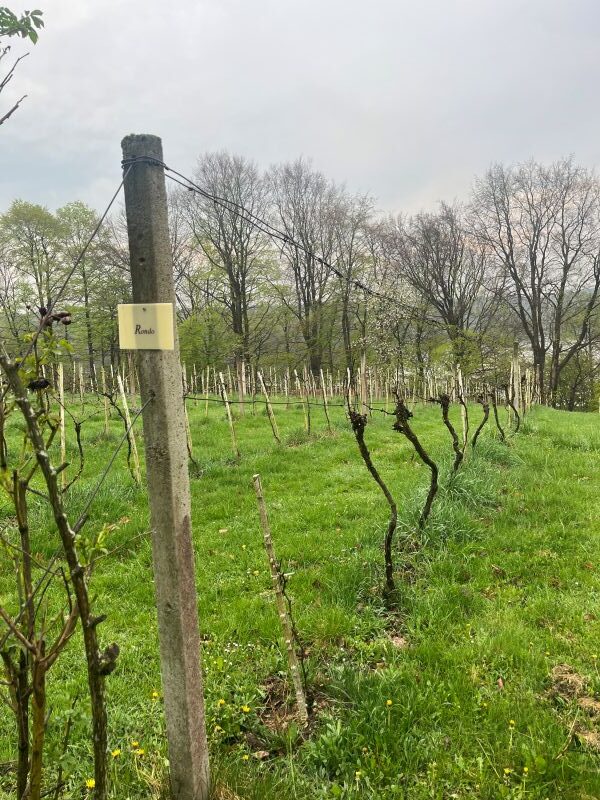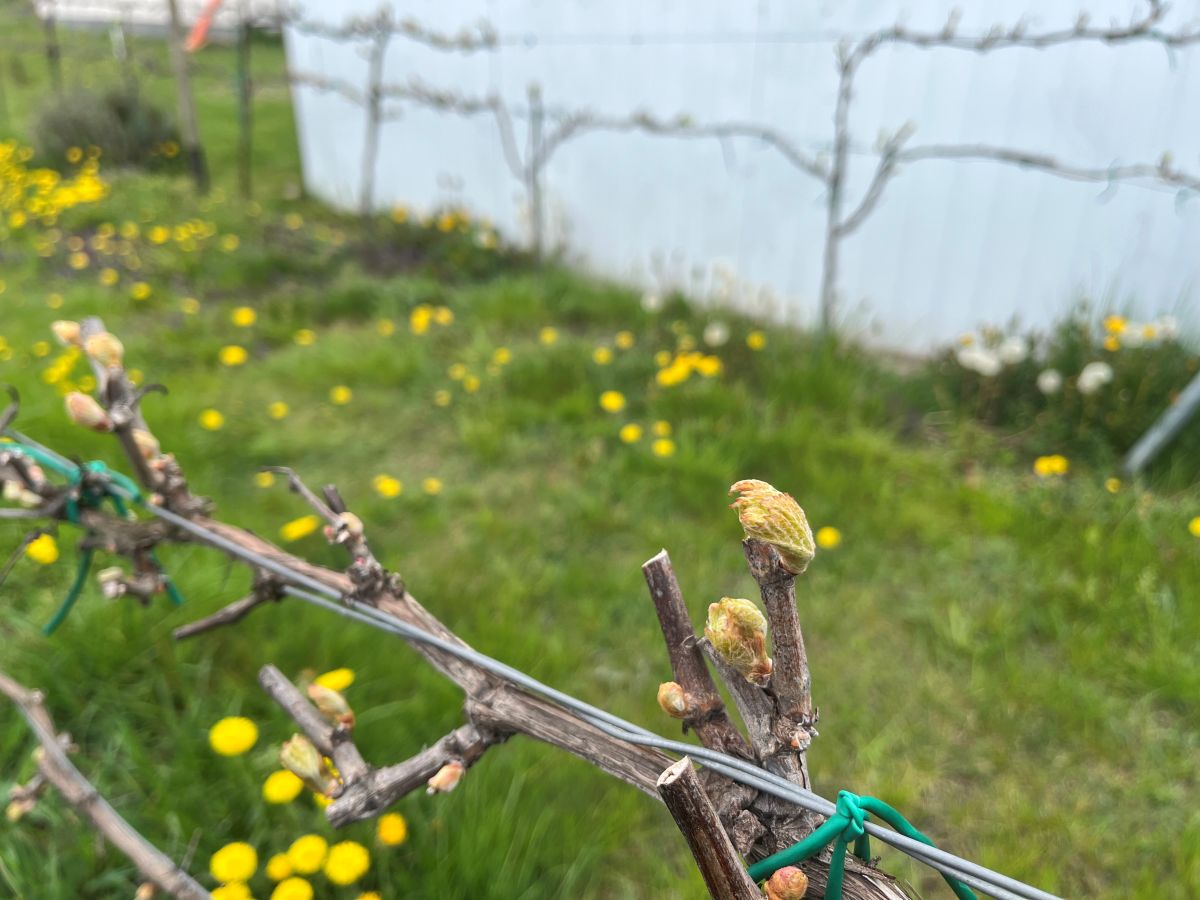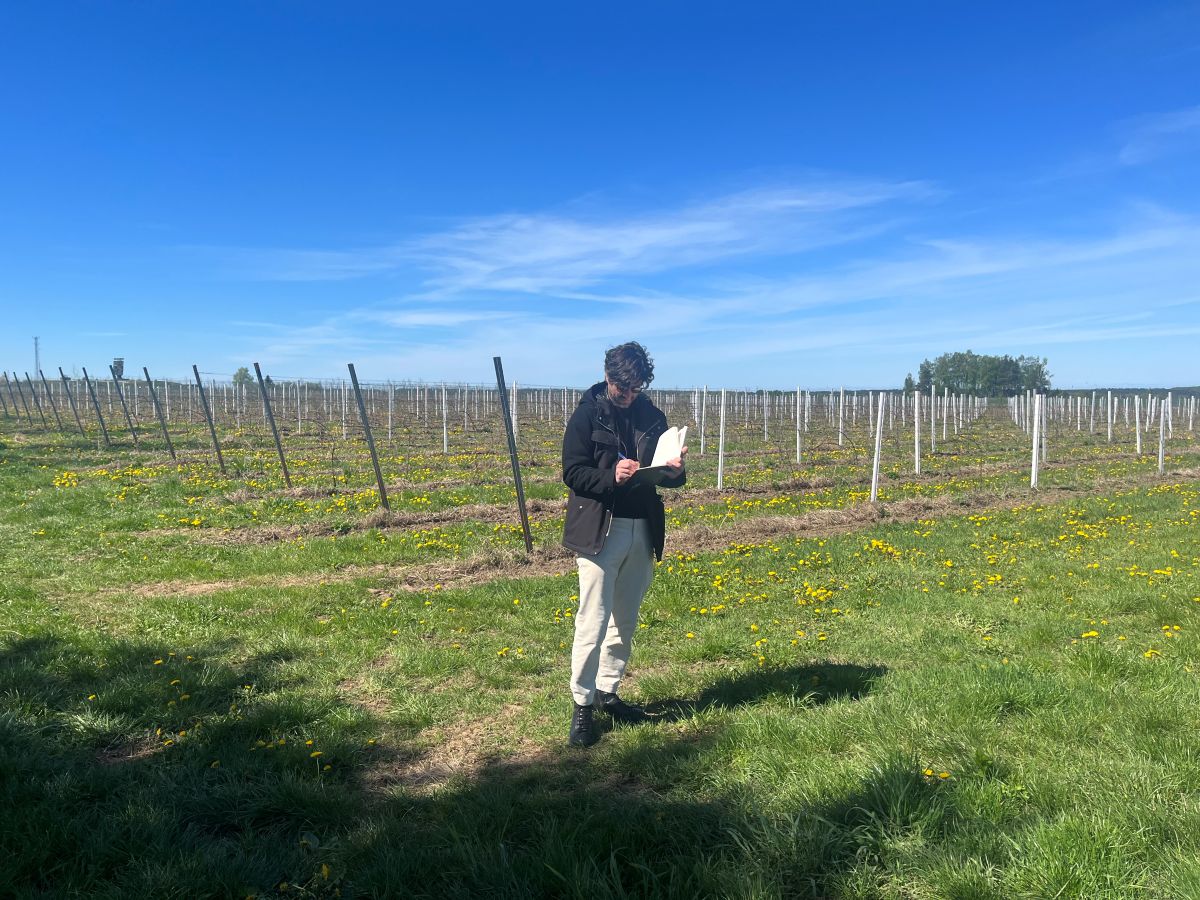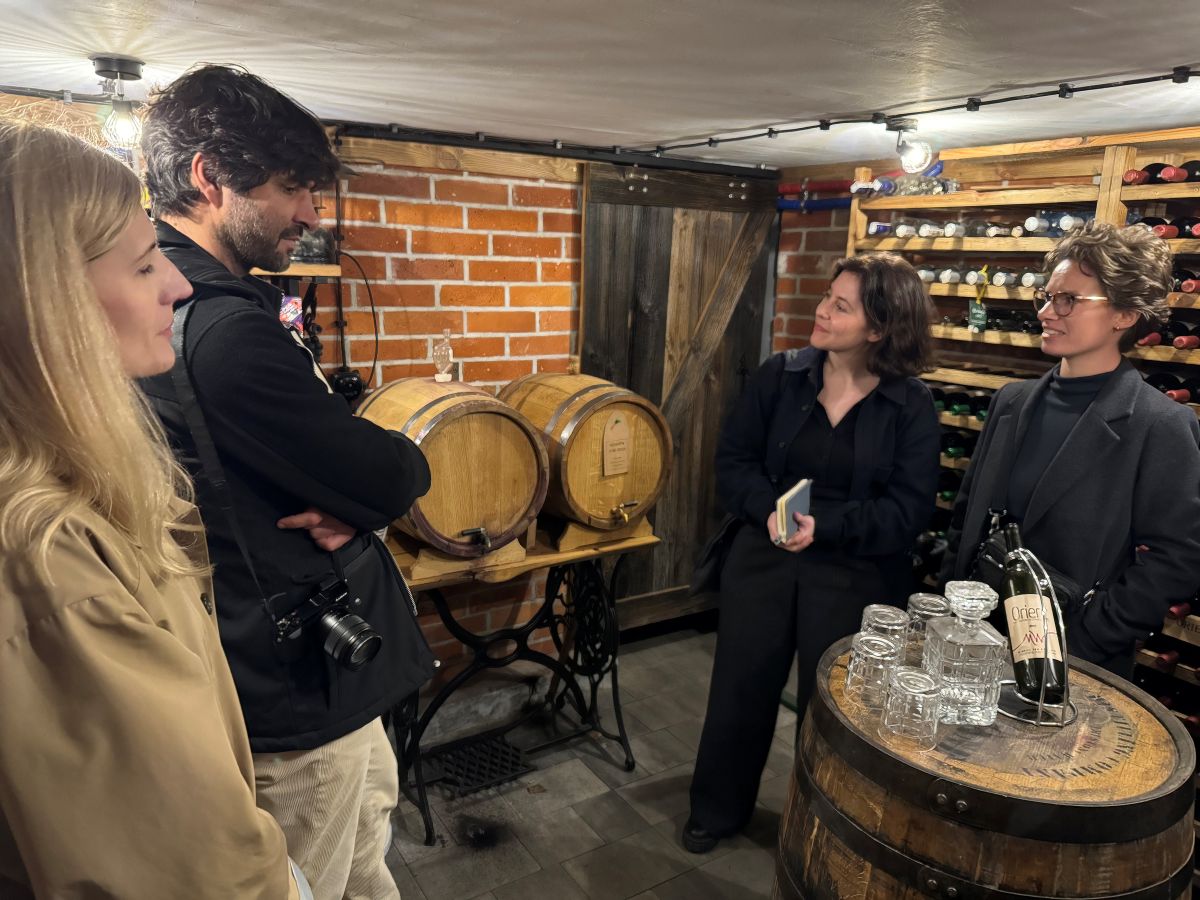ON THE TRAIL OF VINEYARDS IN POLISH POMERANIA
ON THE TRAIL OF VINEYARDS IN POLISH POMERANIA
Situated at the northern limits of where viticulture is not only probably, but possible, the region surrounding Gdansk in Poland is the final fieldwork location for the CONVIVIUM solution “Reframing (Viti)Cultural Landscapes” led by Université Paris 1 Panthéon-Sorbonne and the Atelier Sergio Rebelo. A landscape marked by mixed deciduous tree forests whose fertile soils yield much-anticipated wild mushrooms, interconnected lakes, and the coast of the Baltic Sea, Gdansk winters have long limited the possibilities of grape cultivation. With only two officially-registered vineyards and a small group of passionate local winemakers, we learned that hybrid grape varieties, grafted on American rootstock, were the only vines capable of surviving winters which regularly reach below -20 celsius- a temperature which would kill the vitis viniferaEuropean varietals, cultivated in most of the well-known wine-producing regions. While the hybrids, sporting names like ‘solaris’, ‘regent’, ‘rondo’ and ‘aurora’ to name a few, can survive harsh winters, they struggle to fully ripen in the limited sunlight and must typically be harvested by late September before autumn frosts arrive. Nevertheless, these few pioneering winemakers explore adaptations such as longer maceration, adding sugar to raise alcohol levels and increase shelf stability, and implement oak to offset what is often referred to as the “musky” odor of hybrid varietals.
During our three-day visit, with the help of Justyna (of Utrecht University as translator) team leaders Jenny Herman (Sorbonne) and Sérgio Rebelo (ASR) surveyed winemakers at Kania Lodge, Winnica Modrzew, Winnica Anna De Croy, and Agrotourism and winery Pod Orzechem, all within a 1.5 hour drive from Gdansk center. From an allotment garden mini-vineyard at Modrzew, to an integrated gust-centered agrotourism offer at Orzechem, these four sites highlighted the still highly-variable climate, which is nonetheless gradually warming, and also showcased the challenges of gaining official labels posed by administrative hurdles lingering from soviet rule. What all sites had in common was an openness to share, generosity, and an eagerness to connect with other winemakers to share knowledge and refine their craft. Many thanks to each of the winemakers who spent time with us, and to the team at the University of Gdansk for their kindness and hospitality.
Photo 1: A row of ‘rondo’ at Kania Lodge
Photo 2: budburst at Winnica Modrzew
Photo 3: Sérgio surveying the vineyard at Anna De Croy
Photo 4: Wine cellar at Winnica Pod Orzechem






